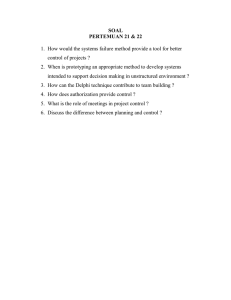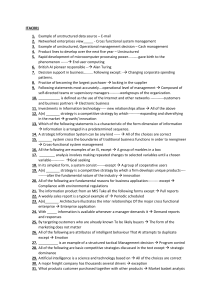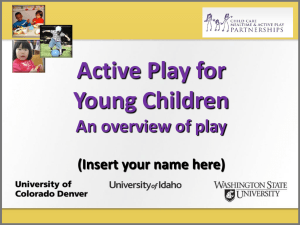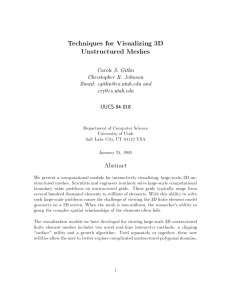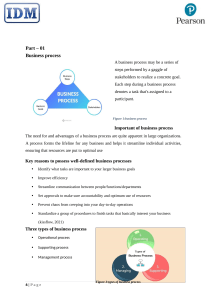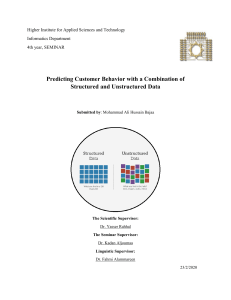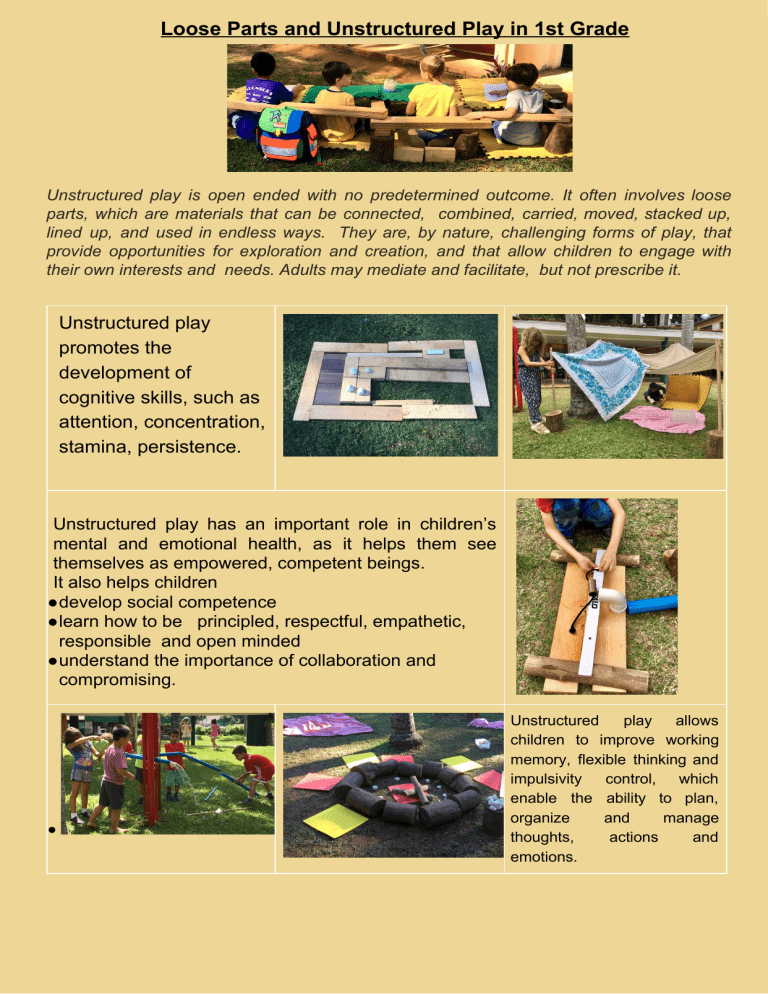
Loose Parts and Unstructured Play in 1st Grade Unstructured play is open ended with no predetermined outcome. It often involves loose parts, which are materials that can be connected, combined, carried, moved, stacked up, lined up, and used in endless ways. They are, by nature, challenging forms of play, that provide opportunities for exploration and creation, and that allow children to engage with their own interests and needs. Adults may mediate and facilitate, but not prescribe it. Unstructured play promotes the development of cognitive skills, such as attention, concentration, stamina, persistence. Unstructured play has an important role in children’s mental and emotional health, as it helps them see themselves as empowered, competent beings. It also helps children ●develop social competence ●learn how to be principled, respectful, empathetic, responsible and open minded ●understand the importance of collaboration and compromising. ● Unstructured play allows children to improve working memory, flexible thinking and impulsivity control, which enable the ability to plan, organize and manage thoughts, actions and emotions. Unstructured play is challenging. It promotes emotional reactions, requires specific physical abilities and the capacity to manage adversity, developing resilience .
